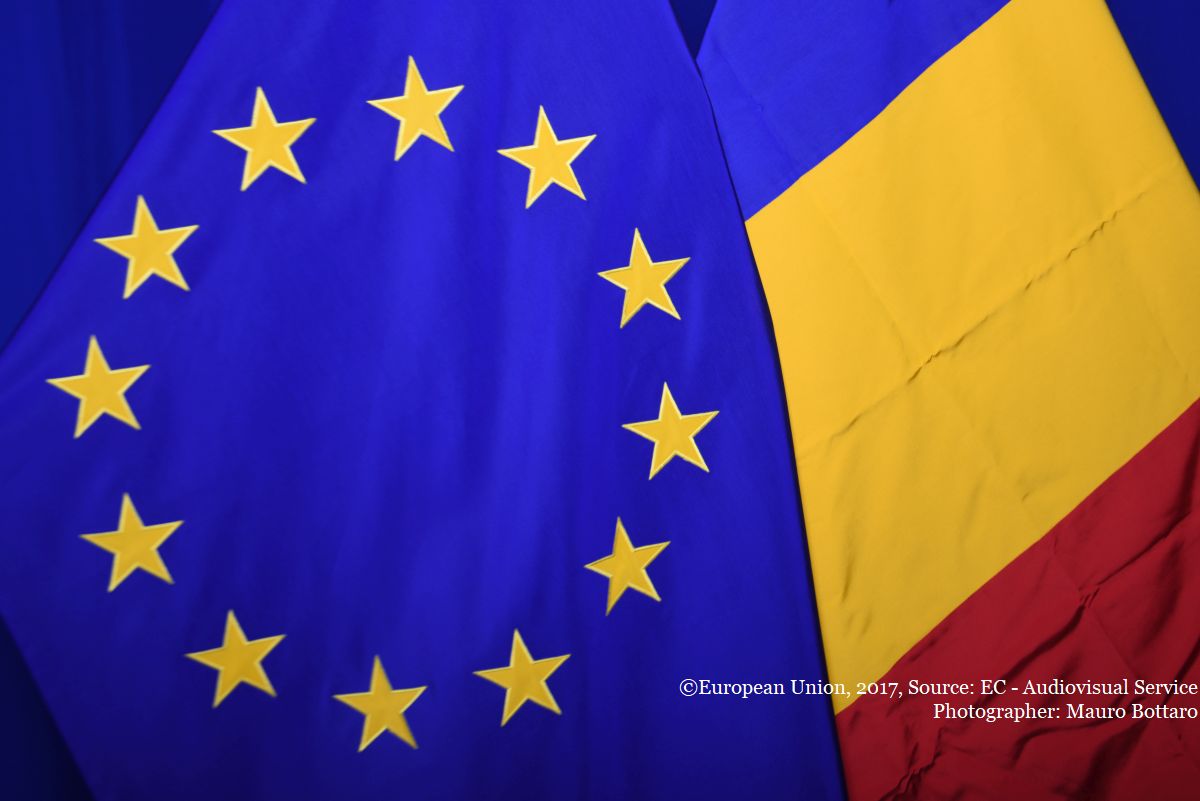A controversial bill
A recent debate on the freedom of expression and the integrity of the public discourse has recently been rekindled in Bucharest.

Bogdan Matei, 16.02.2016, 13:43
After 1989, Romania’s Constitution has guaranteed the freedom of expression, banning all forms of censorship. That has not prevented politicians to repeatedly thwart the media’s attempts to investigate cases of corruption, to make revelations about the politicians’ corrupt past and to constantly criticize the administration’s ties with the criminal underworld. With the boom of the Internet, social networks and blogging, the political class has become even more vulnerable.
Today citizens themselves have joined the efforts of newspapers and TV channels to expose abuses, to launch public campaigns and to call for resignations. The Social-Democratic Party, the largest parliamentary party at present, is their favourite target, given its members’ run-ins with the law.
So, political pundits say that it is not by chance that the Social-Democrat leader Liviu Dragnea proposed the recent anti-defamation bill. He said that the bill was allegedly promoting tolerance, understanding and social harmony and did not introduce censorship. The right of minority and vulnerable groups to a fair representation is the only purpose of the bill, Liviu Dragnea claimed.
Political pundits have responded however that the group of corrupt politicians is in itself a minority and vulnerable category, subject to criminal investigations and prison sentences in recent years. The general public has reacted even more vehemently to the provision that any act of defamation in the public sphere, including the media and social networks, is subject to fines ranging from 200 to 20,000 euros.
The Social Democrats’ main opponents, the Liberals on the other hand have warned that if the bill, which they described as a law of censorship, is pushed through Parliament, they will refer it to the Constitutional Court. Co-leader of the National Liberal Party Alina Gorghiu says the bill is deeply flawed, which is why it must be dismissed and replaced with another bill seeking to promote tolerance.
The US Ambassador to Bucharest HE Hans Klemm has also felt the need to intervene, saying that the freedom of expression, when not offensive in nature, is an underlying element of any sound democracy. The Social-Democrat leader has eventually taken this criticism under advisement and promised to eliminate the definition of defamation and the provisions related to fines from the text of the bill. The bill has already been renamed — the bill on ensuring tolerance towards differences between groups, and as such it will be debated by the Chamber of Deputies, the decision-making body in this case.






























